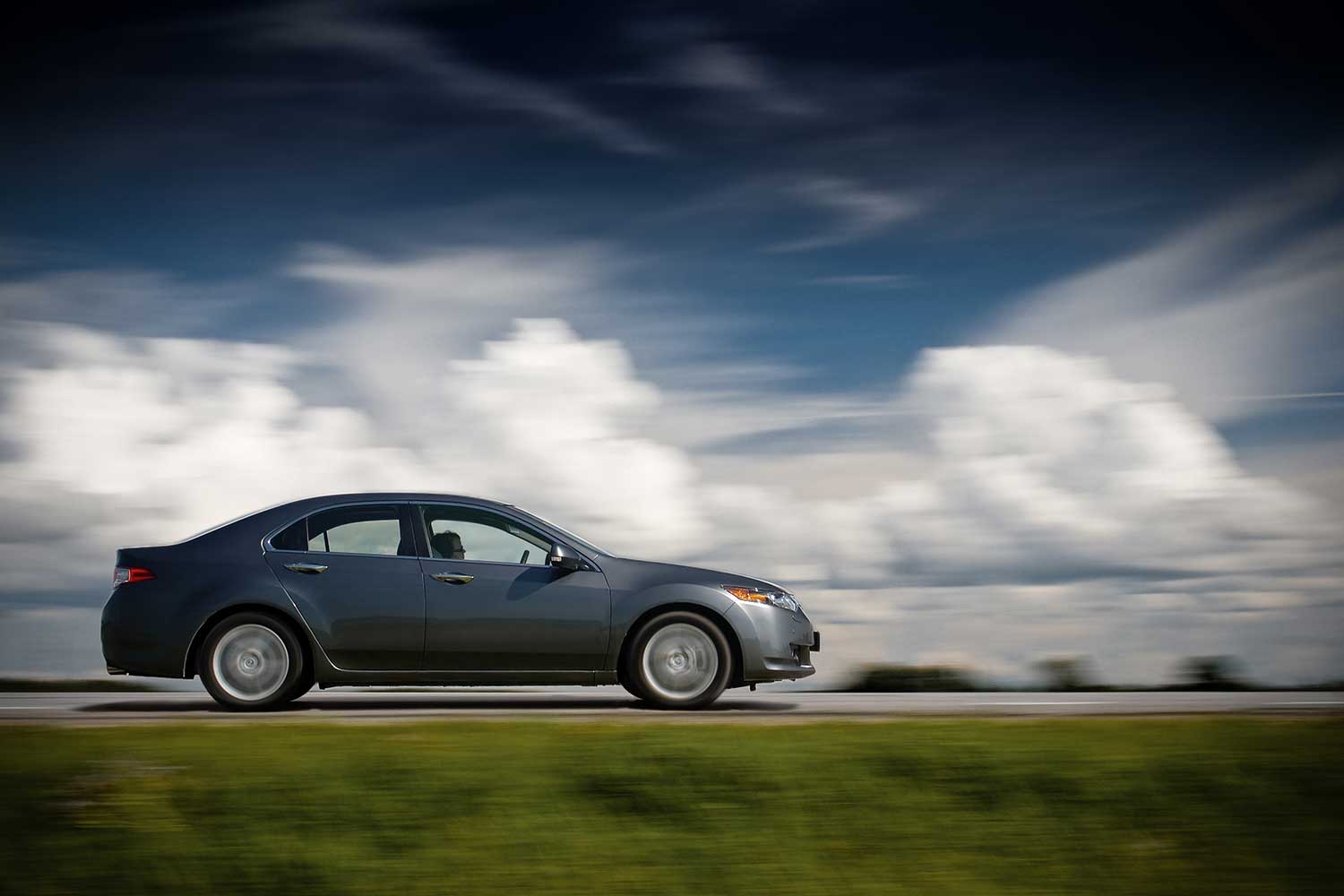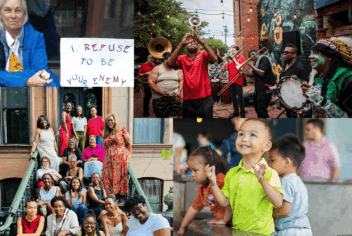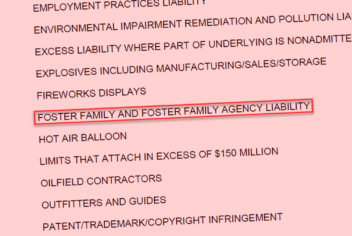Does your nonprofit have employees or volunteers that use their personal vehicles on behalf of your organization, for purposes such as running errands, performing services, or transporting clients?
Many nonprofits do not realize that their organization has an additional and potentially serious exposure to loss that arises from employees and volunteers using their personal vehicles.
Unfortunately, this is a situation where what you don’t know may very well hurt you!
Your organization can be held responsible for any liability associated with operating that vehicle, since it may be held responsible for the actions of employees and volunteers during the course of service or employment.
Although the individual has personal insurance to cover their own liability, that coverage may not be adequate to cover the full extent of damages incurred, in which case a claimant may then pursue your nonprofit.
If you have any individuals driving a personal vehicle on behalf of your nonprofit, even for short errands, at a minimum you should:
- Have a written driver policy, which is signed by the individual driver (a sample policy is available on our secure site for current members of the group)
- Require that individuals have an authorization from your nonprofit before driving a personal vehicle
- Get a copy of the employee’s current driver’s license
- Require proof of personal auto coverage and get updated copies at each policy renewal
- Purchase a non-owned auto insurance policy for your nonprofit
Accident claimants and their lawyers will seek recovery from as many sources as they can, so don’t leave your nonprofit vulnerable!
Non-owned auto coverage applies when damages exceed the vehicle owner’s personal auto insurance limits, or in situations where a vehicle owner’s primary coverage declines a claim.
We have seen both large and small claims related to non-owned auto use, one of the largest being $2 million. Without a non-owned auto policy to protect them, that nonprofit would likely not have survived.
For better risk management, also consider running an annual motor vehicle record check or use a “DMV pull program.”
This is highly recommended for organizations that have a significant non-owned auto use related to the delivery of services (e.g., meals on wheels; neighbor-ride programs).
Knowing more about this exposure and implementing some simple risk controls can help protect your nonprofit from financial loss.





